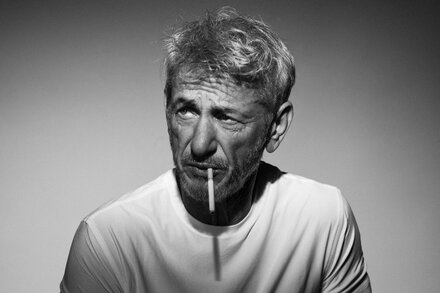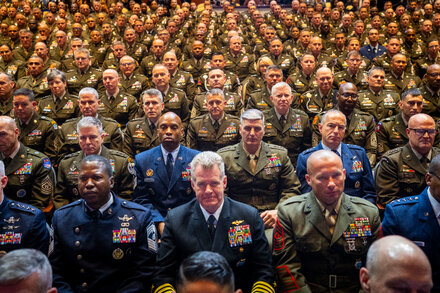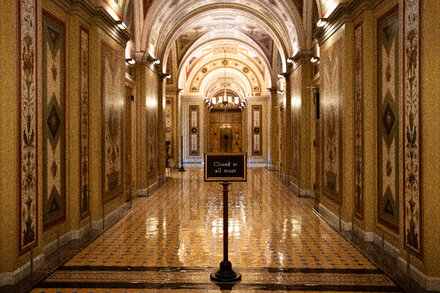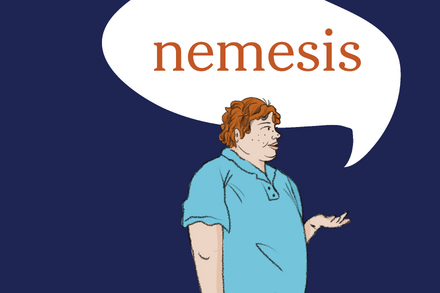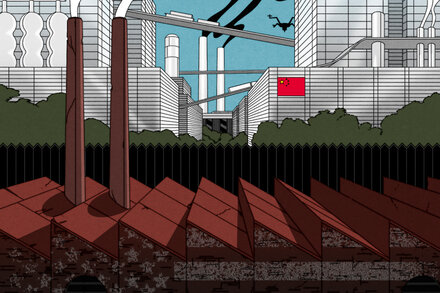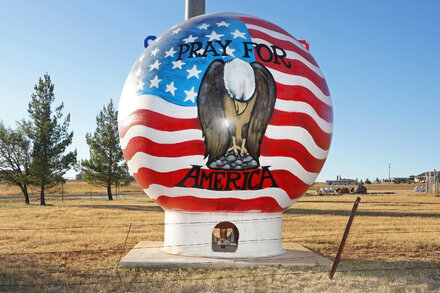
The provocative question, “When Silence Is the Only Logical Choice, Are We Really Free?” invites a profound examination of individual liberty, societal pressures, and the dynamics of public discourse. In an increasingly interconnected yet often polarized world, the decision to speak or remain silent has become a complex calculus, prompting observers to question the very nature of contemporary freedom.
For many, freedom is intrinsically linked to the right to express one’s thoughts, beliefs, and opinions without fear of undue reprisal. This foundational principle underpins democratic societies, fostering open debate and the exchange of ideas. However, the modern landscape presents scenarios where silence can appear not as an absence of courage, but as a calculated, rational response to prevailing conditions.
These conditions can manifest in various forms. Individuals may choose silence to avoid professional repercussions, social ostracization, or online harassment in environments perceived as hostile to dissenting or nuanced viewpoints. In some instances, the perceived futility of engaging in highly polarized debates, where positions are entrenched and genuine dialogue seems impossible, can lead to a strategic withdrawal from public comment. The energy expended versus the potential for positive impact becomes a critical consideration.
The rise of digital platforms has amplified both the reach of individual voices and the potential for immediate and widespread backlash. What was once a private opinion can instantly become a public controversy, leading to what some term a “chilling effect” on expression. This atmosphere can compel individuals to self-censor, carefully curating their public statements or opting out of contentious discussions entirely, even if they hold valid or important perspectives.
Critics argue that such widespread self-censorship, regardless of its perceived logic by the individual, ultimately erodes the collective freedom of a society. If diverse opinions are withheld, public discourse becomes impoverished, potentially leading to echo chambers where unchallenged ideas gain undue dominance. The pursuit of truth, often seen as a collaborative process involving multiple perspectives, may also suffer if critical voices choose to remain unheard.
Conversely, proponents of selective silence argue that true freedom includes the liberty to choose *not* to engage, especially when engagement might be counterproductive or detrimental to personal well-being. They contend that forcing individuals to speak when they perceive no value or face significant harm is not an act of liberation, but another form of coercion. The ability to strategically disengage, they suggest, can be a tool for self-preservation and the maintenance of personal autonomy.
The question thus remains a vital point of contemplation: Does the exercise of freedom demand constant vocal participation, or does it also encompass the right to thoughtful, even strategic, silence? As societies grapple with evolving norms of communication and the pressures of public opinion, the interplay between individual choice and collective liberty continues to shape the boundaries of what it truly means to be free.
Source: Read the original article here.
